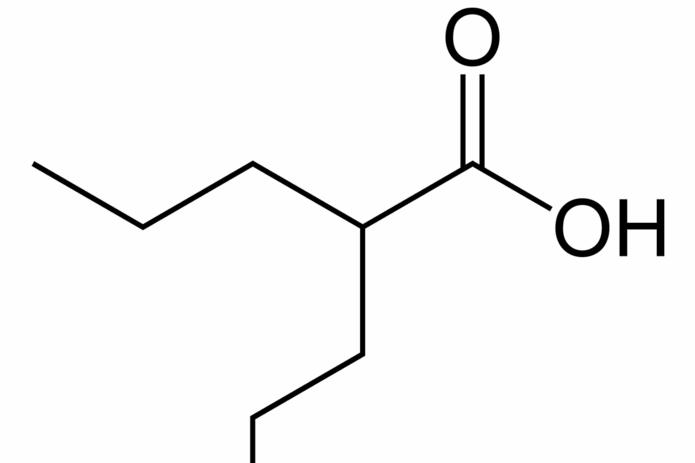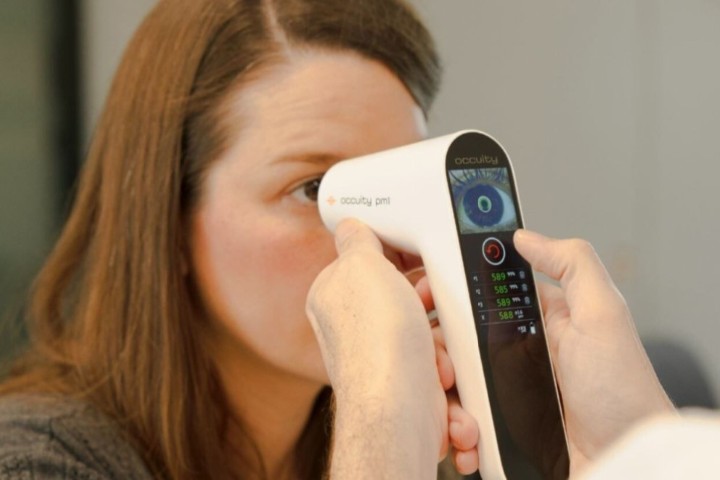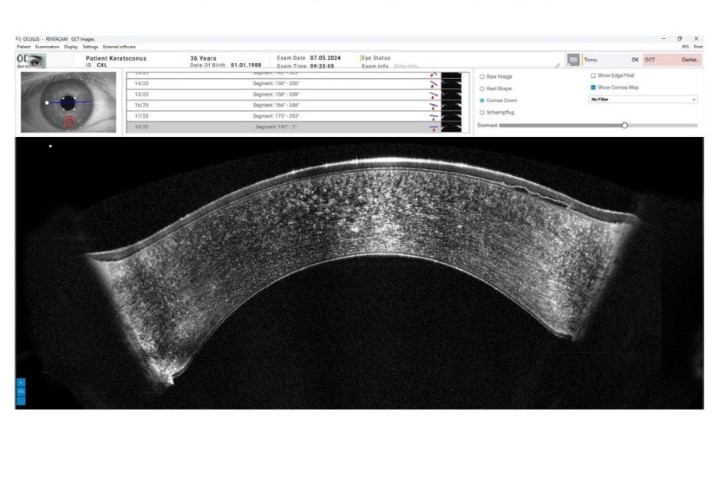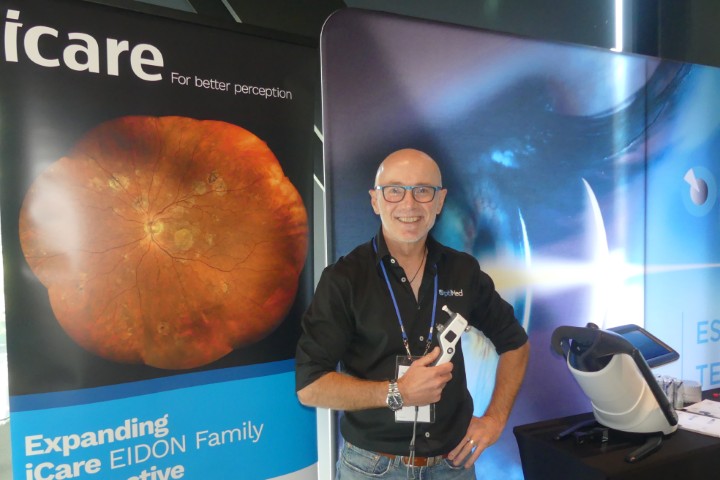Oral VPA for adRP worse than placebo
A clinical trial shows Oral Valproic Acid (VPA) used to treat vision loss in patients with autosomal dominant retinitis pigmentosa (adRP) is more detrimental than a placebo.
VPA is an approved treatment for epilepsy, bipolar disorder, migraine headache and pain management. It has several potentially severe adverse effects, but as there are currently no approved treatments for asRP, a clinical trial was undertaken after some preliminary tests showed the treatment might be promising.
Oral VPA 500 mg to 1000 mg, or placebo, was administered daily for 12 months to 90 individuals in the multicenter, phase 2, prospective, interventional, placebo-controlled, double-masked randomised clinical trial in the US. Individuals with genetically characterised autosomal dominant retinitis pigmentosa were randomly assigned to receive treatment or placebo for 12 months.
The primary outcome measure was the change in visual field area between baseline and month 12.
The mean (SD) age of the 90 participants was 50.4 (11.6) years. 48.9% were women, 96.7% were white, and 87.8% were non-Hispanic. Seventy-nine participants (87.8%) completed the study (42 [95.5%] received placebo and 37 [80.4%] received VPA). Forty-two (46.7%) had a rhodopsin mutation. Most adverse events were mild, although seven serious adverse events unrelated to VPA were reported. The difference between the VPA and placebo arms for mean change in the primary outcome was -150.43 degree (95% CI, -290.5 to -10.03; P = .035).
Researchers said this negative value indicated that the VPA recipients had worse outcomes than the placebo group and that the study didn’t support for the use of VPA in the treatment of autosomal dominant retinitis pigmentosa.


























